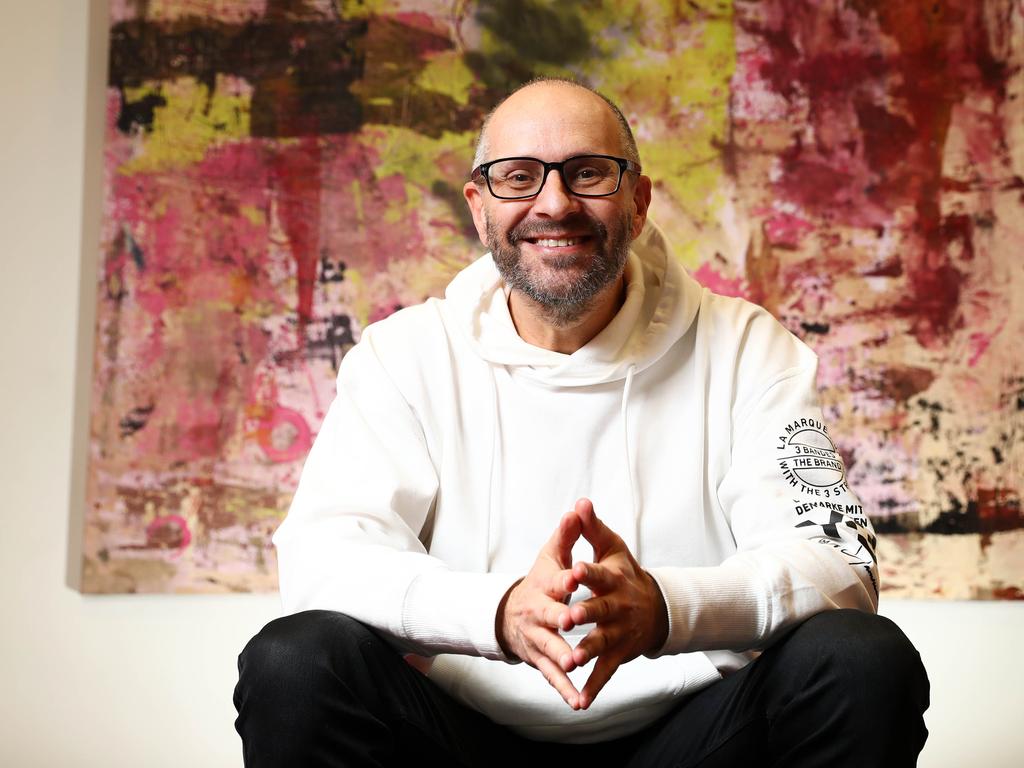
In parliament this week they finally signed off on a 12-month extension on a new education and ethics regime for financial advisers: a system where every adviser will have to pass a national exam has now been pushed out to January 2022.
This is hardly good news, though to be fair just about every industry sector has been given leeway with their respective difficulties through the pandemic crisis.
In the case of financial advice those “difficulties” have traditionally included woeful ethical standards and often amateur levels of professional education.
But a useful dimension of the debate around the new standards regime for advice is that we can see a new landscape taking shape.
First, the sheer number of advisers out there is shrinking dramatically. Officially there are still more than 22,000 in total, but in the most recent quarter — the three months to March 30 — 678 advisers departed the industry and just 12 brave novices commenced business.
At best, the industry is shedding many of the least impressive characters that once populated what were effectively product sales teams at big banks.
So finding an adviser has just got harder, but when you do meet one, they are likely to be older and hopefully wiser.
Second, the key industry group, the Financial Planning Association of Australia, has backed a proposal that every adviser must have their own licence: this is a huge move.
Many of the worst advisers on display in the royal commission worked in teams under a group licence — beneath this umbrella of collective responsibility the worst charlatans could move between firms and never take individual responsibility for their actions.
If the individual licence idea gets up and it is coupled with the new mandatory national exam for all advisers, we might get to relax a little about the ability and attitude of advisers generally.
What about the robots?
But for anyone seeking financial advice, perhaps the biggest change of all is that the industry is splitting into advisers who operate face-to-face and robo advice groups where generic advice is offered for a few hundred dollars a year. In between, there is the gap left by the departure of the big banks from the sector and the shrinking of AMP.
Australia’s Top 100 financial advisers
At The Australian — with Barrons — we have spent the last few months working on The List Australia’s Top 100 financial advisers which will be published next Friday, June 26.
Inside the industry, we find highly regarded advisers are independent, charging fees by the hour and regularly emerge from related disciplines such as accountancy or economics. They don’t come cheap, industry surveys show the average fee for full service advice is $3500 and it could be more if you want to access the best in the business.
If you don’t need that level of service because you don’t have a substantial portfolio or you just want limited advice on a limited matter, then robo advice is genuinely emerging as an alternative.
Unlike the bespoke nature of full service advice, with robo advice you fill out a questionnaire which examines your needs and attitude to risk. The service will then recommend a portfolio where index funds play a major role.
It’s an unexciting but reliable approach that might suit many people. The emerging players in this area include Stockpot, Sixpark, MapMyPlan, MyProsperity, InvestSMART and Raiz.
It’s early days in our market for robo advice. A survey this week by Investment Trends shows that while in the US one in four active investors use such services, the equivalent number in Australia is just 7 per cent. Nonetheless, there are breakthroughs: Raiz, the listed finance group, which has a popular app for saving money, says it has 200,000 active users.
In common with everything else that has been pushed online through the pandemic from analyst briefings to Zoom-based networking events, financial advice is going this direction too, and it is very unlikely to reverse when the crisis is over.








Where have we got to with financial advice? What are your chances of getting good advice at a fair price in the wake of the royal commission and a blizzard of scandals still making their way through the courts?